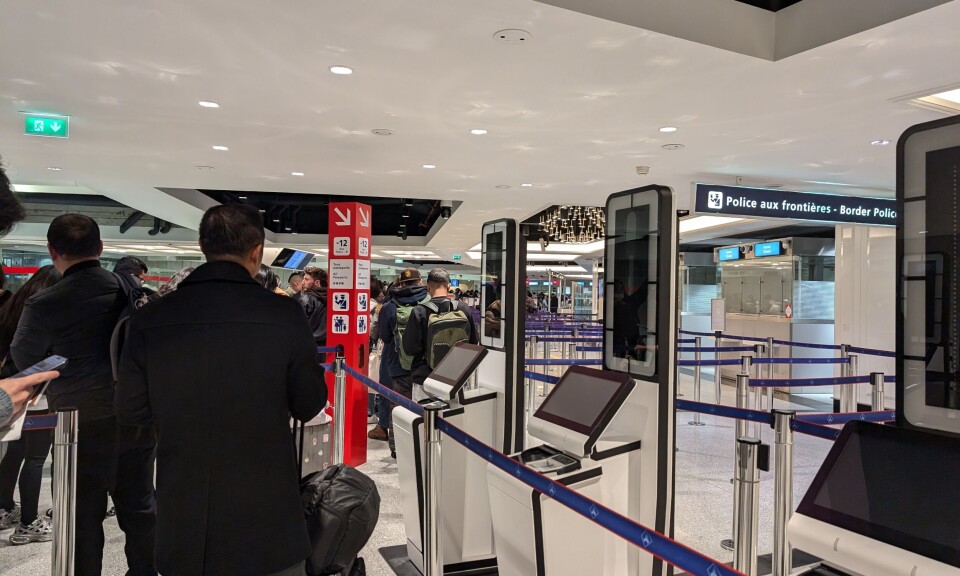Medicine, summer heat, sun cream: Official French health agency advice
The annual hot weather reminder includes tips for sun protection, medicine storage, and how to prevent dehydration
People with tattoos, especially in henna, should take particular care to protect their skin in the sun, the ANSM says
New Africa/Shutterstock
French health authority ANSM has issued reminders about precautions people should take in the summer season, including when taking medication, applying sun cream, or protecting tattoos.
The Agence nationale de sécurité du médicament et des produits de santé (ANSM) issued its annual summer advice on July 10.
"High temperatures can have an impact on the use and conservation of healthcare products,” it said.
Dehydration
The main risk in hot summer temperatures is dehydration, which happens when the body does not take in enough liquids, and struggles to regulate its temperature.
“Certain medicines are likely to aggravate exhaustion-dehydration syndrome or heat stroke," the ANSM said, while other medicines can have their "effectiveness" altered by the heat.
In healthy, younger people, the risk of dehydration is lower (although still present if not enough liquids are consumed) but "in people who are overexposed and/or vulnerable, the thermoregulatory system may be overwhelmed or fail", the ANSM warned.
The authority said that anyone on regular or prescribed medication should not stop taking it without consulting their doctor. A health professional will also be able to tell you "if any special precautions need to be taken" during hotter weather.
Similarly, "self-medication" (such as starting to take a form of medication without consulting a doctor first) is strongly discouraged, the ANSM said.
Medicine storage
The ANSM recommends that you avoid exposing medicines to direct sunlight, and advises that you store them “at a temperature below 25°C or 30°C”.
If you are travelling for a holiday you are advised to carry any medicines "in isothermal but not refrigerated packaging" (except for medicines that expressly require refrigeration), it states.
Medicines should also preferably not be stored in places that heat up quickly, such as the boot of a car.
Sunscreen, ‘tanning accelerators’, tattoos
The ASNM also reminded people to use sunscreen throughout the summer months, and to use them properly for effective results.
“Whether in cream, spray, lotion or stick form, to be effective and safe, sun protection products must be used correctly,” the ANSM states.
It advises that people take into account a number of factors:
Skin sensitivity (the fairer it is, the greater the protection required)
The conditions of exposure (the more sun there is, the greater the need for protection)
The composition of the product.
It also cautioned against “tan accelerators” which may provide “no sun protection” at all.
“As a general rule, do not expose yourself to the sun at times of the day when radiation is most intense, and never expose babies and young children directly to the sun,” it said. In the event of adverse effects, stop sun exposure as soon as possible and consult a health professional, it added.
Similarly, when it comes to tattoos, these should be covered up or protected with extra sunscreen if in direct sunlight. Henna-based tattoos can cause "serious allergic reactions", it said, even several weeks after the tattoo has been applied.




























